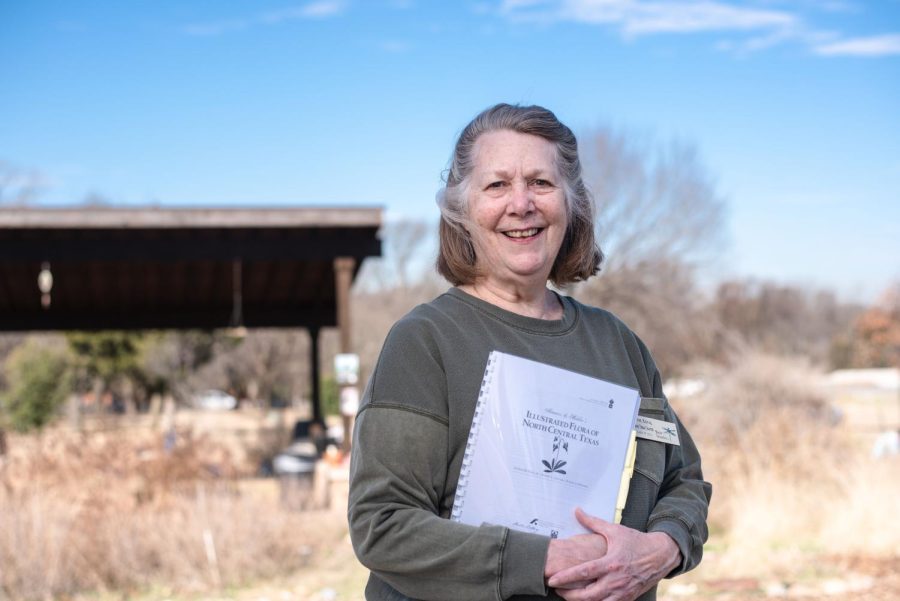SPECIAL SECTION
Thousands of Houston area residents abandoned their homes and were left stranded after the Texas Gulf Coast was impacted by floodwaters. The storm has been deemed one of the worst to hit the state, and the outcome has left the region in peril.
By Monica Mitrovic
Copy Editor/Editorial Proofreader
The aftermath of Hurricane Harvey left numerous families displaced from southeast Texas and caused billions of dollars in damages.
Harvey, one of the most devastating Category 4 storms in U.S. history, made landfall Aug. 25. Harvey made a second landfall early Aug. 30 in Louisiana and blew into Mississippi, according to The New York Times. The storm was reduced to a tropical depression.
Despite Houston starting a recovery process, Gov. Greg Abbott said the worst is yet to come for southeast Texas, where widespread flooding continues, according to weather.com. As of Sept. 7, the death toll is at least 70, according to Time.
In Dallas, about about 3,000 evacuees have moved into shelters after Houston shelters overflowed, according to Fox News. The city expects up to 30,000 more evacuees to migrate to shelters.
“The city of Dallas approved an $8 million relief package to help cover the cost of keeping [the Kay Bailey Hutchison Convention Center] and three community recreation centers open at a cost of about $100,000 per day,” according to weather.com.
It will take a few weeks for the flooded areas to dry, Gary Jones, a Brookhaven College geology adjunct, said in an email to The Courier. Houston receives an average of 50 inches of rain per year and received nearly that much in a few days.
Before soaking into the ground, the rainfall became runoff water, Jones said. “Even if there had been a drought before Harvey, most of the rainfall would have become runoff,” he said. The Houston area is flat and less than 100 feet above sea level, the flood waters will not move out fast, he said.
“If [the water] doesn’t have time to sink down further into the soil, you still wind up with a saturated top soil and the rest of the water will not be absorbed quickly enough,” Susan White, a learning lab specialist for the geology department, said in an email to The Courier.
White said Harvey differed from other hurricanes in that once it moved ashore, it stalled for a while. “This stalling out and circular path allowed the incredible amount of rain to fall,” she said. “In Harvey’s case, more damage has been done by the flooding than the wind.”
The flooded Houston sewers stir up fears of cholera, typhoid and other infectious diseases, according to The New York Times. The city’s health department urged residents to take precautions and practice good hygiene to minimize contamination, according to The Guardian.
“Once the sheetrock in a building gets soaked, it is ruined and needs to be replaced,” Jones said. “Wood may need to be replaced since a warm, wet environment encourages various chemical and biological processes.”
According to The Washington Post, a Texas Department of Public Safety report stated more than 93,000 homes were damaged, including nearly 7,000 that were destroyed by Harvey. Those numbers are likely to increase once authorities can reach inaccessible areas. AccuWeather, a private weather forecasting company, estimated that Harvey’s recovery could cost up to $190 billion, according to USA Today.
In an email to The Courier, Bill Sigsbee, psychology professor and department chair, said, “The financial trouble [Houston] is sure to face will be a minor problem compared to the anxiety resulting from the trauma that children and adults alike have suffered.” He said victims displaced by flooding will most likely suffer some form of post-traumatic stress disorder in a mild, moderate or severe state. He also said adults tend to cope better and can rely on support services. Children must rely on their parents to find them the mental health services they need.
“If the anxiety caused by the trauma goes untreated, then depression can be one of the likely consequences of that,” Sigsbee said. “This is why the offering of services being donated by health service providers is so important in the first few weeks and months after a disaster like Harvey.”






